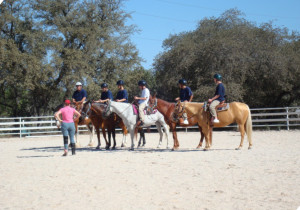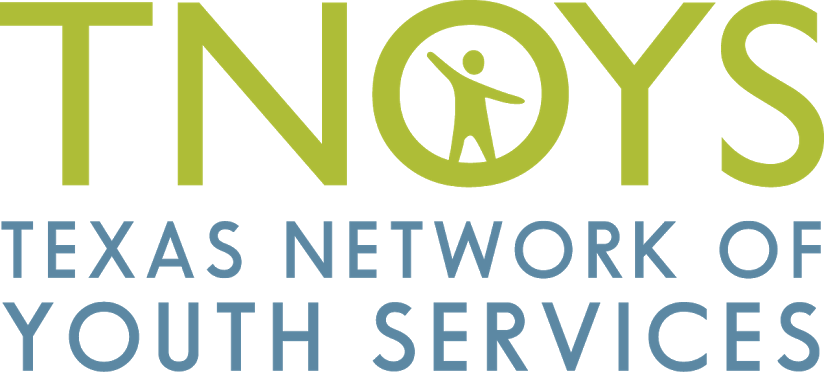Two exciting developments were noted at the Seclusion and Restraint Reduction (SRR) Leadership Group’s quarterly meeting on April 10. First, attendees included a large contingent of peer support specialists from Austin State Hospital and San Antonio State Hospital. Peer support specialists are individuals with a lived experience of a mental health disorder who have progressed in their recovery, making them uniquely qualified to work with others to assist them with their recovery. Noah and Stephen, peer support specialists from Austin State Hospital, are co-facilitating the Leadership Group with Lara and Jack from TNOYS. We appreciate the energy and unique perspective that the peer support specialists bring to the group and look forward to working with them to take the group to the next level!
In addition, the Leadership Group is continuing its exploration of seclusion and restraint reduction in settings other than state psychiatric hospitals. Toward that end, Michael Martinez from Bexar County Juvenile Probation presented his strategies for reducing seclusion and restraint in juvenile detention facilities. Through staff training and adoption of trauma-informed practices and youth-centered activities such as equine therapy, ropes courses, and art and music projects, the use of restraints decreased by 56.6% between 2007 and 2013. That represents hundreds of fewer restraints used on young people in juvenile detention!
The SRR Leadership Group is one of two initiatives that TNOYS is involved in to reduce the use of seclusion and restraint. Seclusion and restraint are physical interventions used to contain aggressive behavior. They are used in inpatient settings such as psychiatric hospitals and residential treatment centers, in detention facilities for adults and juveniles, and even in schools. These interventions are considered harmful and traumatizing and in some cases, lead to death.
Lara recently wrote a blog post about the Creating a Culture of Care initiative, which focuses on reducing seclusion and restraint in residential treatment centers for youth in foster care. The SRR Leadership Group has been funded by the Hogg Foundation for Mental Health since 2007 and has primarily focused on reducing seclusion and restraint in state psychiatric hospitals. Much of the work in these two initiatives is based on the trauma-informed practices outlined in Six Core Strategies to Reduce the Use of Seclusion and Restraint, which focus on changing organizational culture, providing training at all staff levels, and using data to monitor progress.
Next steps for the Leadership Group include forming interest area committees to focus efforts in areas such as policy and advocacy; facilitating site visits and encouraging mentorship; hosting a symposium to share best practices; and creating self-evaluation tools to assist facilities in tracking their use of seclusion and restraint. TNOYS is excited to continue the Leadership Group’s important work to improve the care of the individuals in our communities who live in residential treatment settings.


